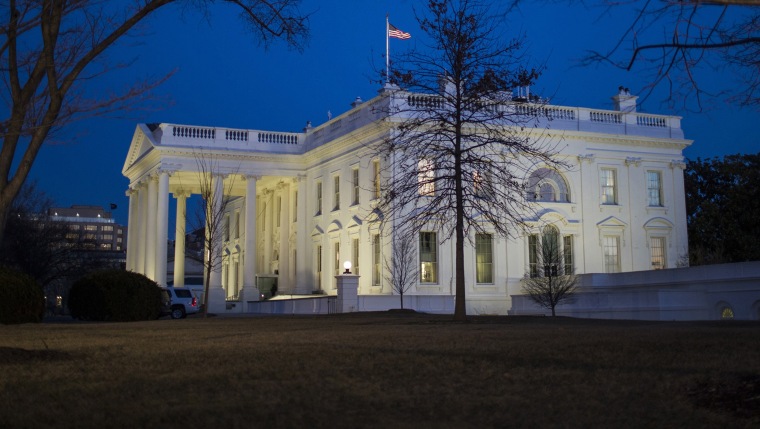When it comes to current events, there's obviously one story overshadowing everything else. That is as it should be during a deadly global pandemic.
But while much of the public may have a singular focus on the coronavirus crisis and its effects, Donald Trump and his White House team clearly aren't prepared to abandon their broader agenda. Politico noted the trend a couple of weeks ago, referring to the president in a headline as "Sideshow Don."
The evidence to bolster the thesis continues unabated. The New York Times reported yesterday on Trump's EPA taking new steps to weaken regulations on "the release of mercury and other toxic metals from oil and coal-fired power plants," which is the latest step the administration has taken to roll back safeguards in the middle of a pandemic.
The new Environmental Protection Agency rule does not eliminate restrictions on the release of mercury, a heavy metal linked to brain damage. Instead, it creates a new method of calculating the costs and benefits of curbing mercury pollution that environmental lawyers said would fundamentally undermine the legal underpinnings of controls on mercury and many other pollutants. By reducing the positive health effects of regulations on paper and raising their economic costs, the new method could be used to justify loosening restrictions on any pollutant that the fossil fuel industry has deemed too costly to control.
While this is important in its own right, it's also the latest data point in a pattern: Team Trump has no qualms about pursuing goals right now that have nothing to do with the ongoing public-health and economic crises.
The administration is targeting fuel-efficiency standards. It's targeting inspectors general deemed insufficiently loyal to the president. It's shutting down the nation's asylum system. It's pushing the Senate to confirm unqualified, far-right ideologues for the federal bench. It's putting loyalists in key positions.
Max Skidmore, a political science professor at the University of Missouri at Kansas City, recently explained, "Normally when a crisis occurs -- whether it's a military attack or something else on this scale -- it absorbs all the energy and demands that all energy available be directed to the solution of that particular problem. It's very rare for president to use that in such a way to pursue other items on the agenda."
And yet, here we are. As an Associated Press report noted two weeks ago, Trump is "taking an old political adage to heart: Never let a crisis go to waste."

